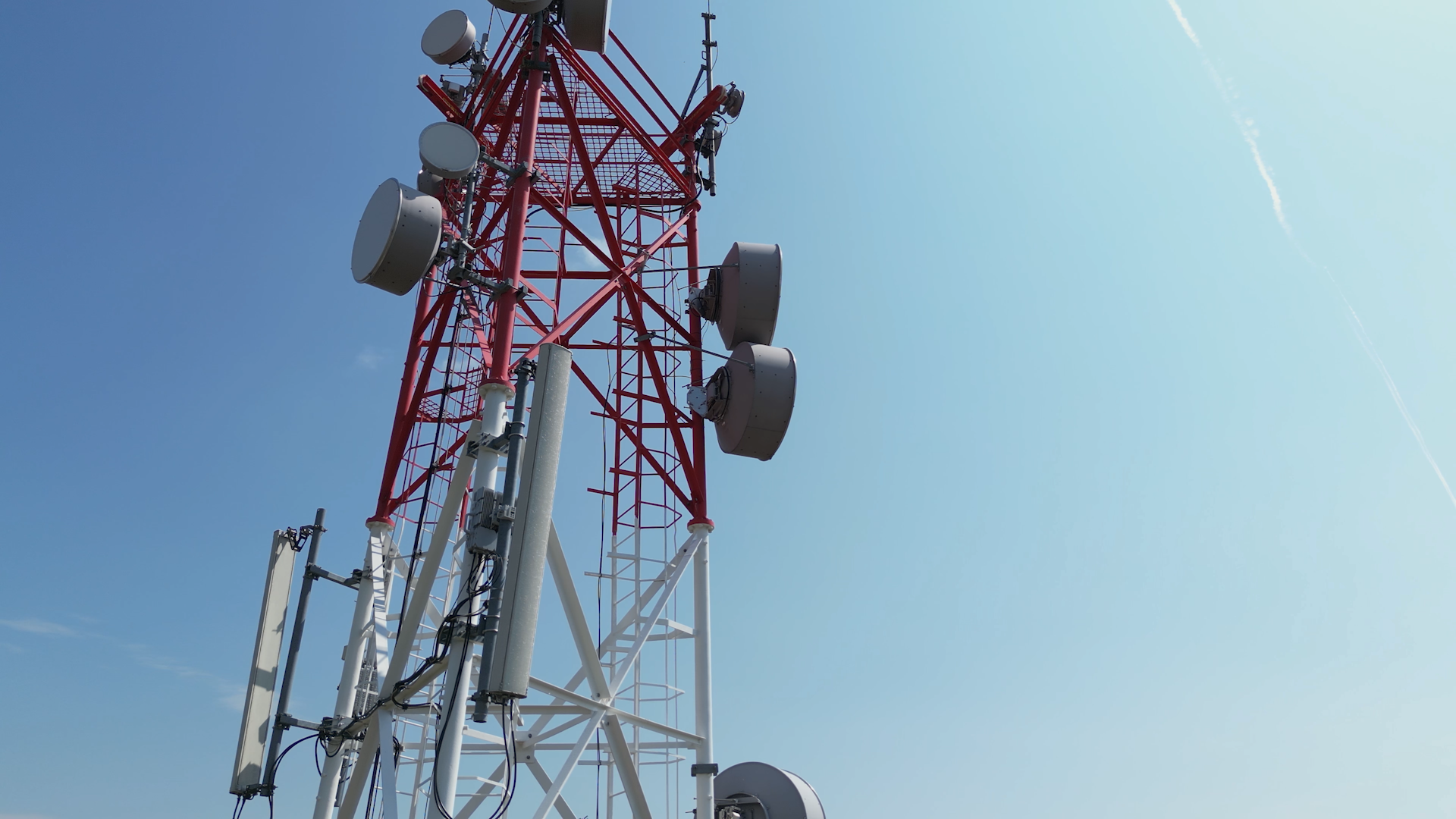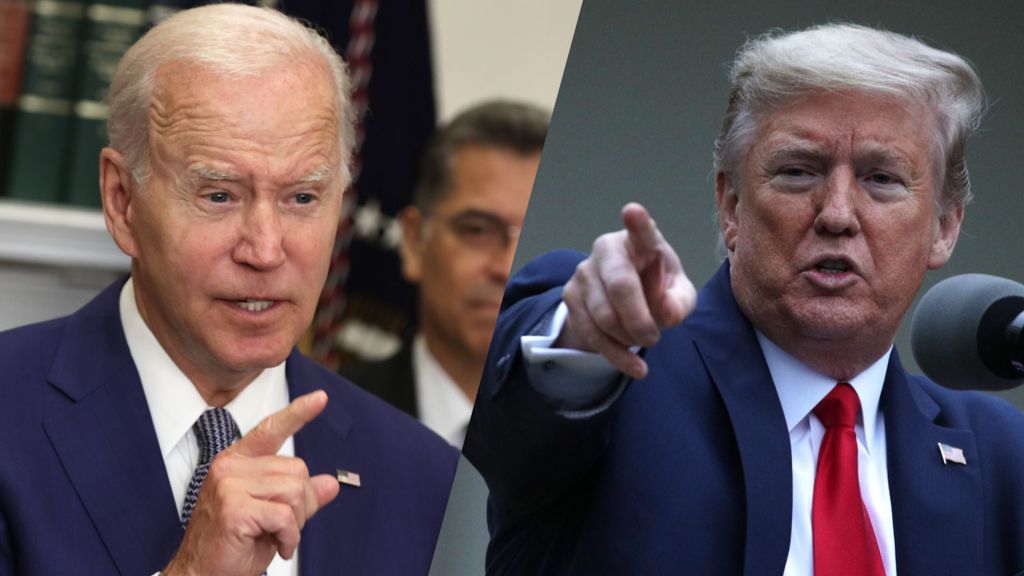
Cell towers across the United States have Chinese technology built into them that the US government determined is a national security threat. In 2020, the FCC banned new equipment from the Chinese companies Huawei and ZTE. Congress appropriated 1.9 billion dollars to help smaller wireless providers take out what had already been installed and replace it. But the job isn’t done yet because of a nearly 3.1 billion dollar funding shortfall. There are still an estimated 24,000 pieces of Chinese made equipment in 8,300 locations.
“This is just one example of the pervasive threat Chinese-made equipment in our communications networks poses to our national security. We know that the Chinese Communist Party intends to exploit these vulnerabilities for all kinds of activities, including espionage,” Sen. Deb Fischer, R-Neb., said.
Fischer and her colleague Sen. John Hickenlooper, D-Colo., introduced a bill to transfer leftover COVID money from bills like the CARES act and paycheck protection program, to the FCC’s rip and replace fund. In September 2022, 30 Republicans and Democrats wrote a letter to Senate leaders saying they need to fully support the projects.
The Biden administration is also on board.
Sen. Fischer: “Do you believe that Congress needs to consider all the legislative options on the table right now in order to address this emergency?”
Secretary Gina Raimondo: “I certainly believe it poses national security risks. Huawei remains in American networks, including near military bases, and I think that Congress should fully fund the FCC’s Rip and Replace program.”
The issue hits rural communities with smaller service providers the hardest. Fischer says company executives have told her that if they don’t get the funding they have two options – go out of business, or rip out the technology without replacing it, which reduces or eliminates coverage in certain areas.
Sen. Fischer: “If these carriers go out of business or reduce coverage, that will leave thousands of residents without wireless services — services that are essential for work, emergencies, and life in the 21st century. People traveling through these areas often won’t have service, either.”
Fischer says the wireless providers are in a tough position after being mandated by the federal government to remove the equipment. But getting this bill approved won’t be easy. Similar bills have failed twice in the last year. Straight from DC, I’m Ray Bogan.






